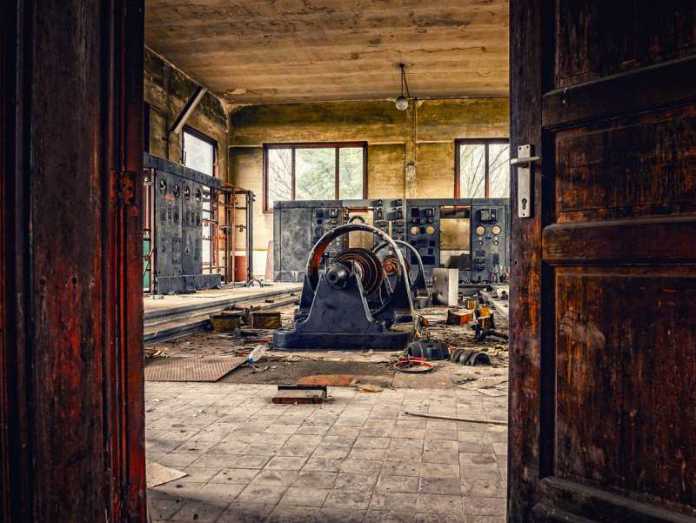When power outages occur, you want to make sure that you are prepared for whatever comes your way. Whether you are at home, or run a company, there are certain items that constantly need power and can even be damaged when an outage occurs. If you find yourself in this position, it is important that you look into getting a generator.
Generators can help provide power to your home or company during an outage, allowing work and life to continue on as normal. Not all generators are created equal though, therefore you have to do your research and figure out what you need.
Here are some things to consider when shopping for an industrial generator.
Determine how much power you need?
The first thing to consider when buying a generator is finding out how much power the generator needs. Something like a house would require much less power to run than a large company building. Diving further into this, you also have to determine how many items you would like to be using your generator with. According to the experts at https://www.ablesales.com.au/industrial-diesel-generators/21kva-to-55kva-single-and-3-phase/, consider a larger output generator if you plan on running lots of objects on the generator, and the opposite for less objects. A great way to find out what kind of generator you need is to take a look at all of your appliances in your home or company you plan on using with it.
There will be a number on it telling you how much power it needs to run. Gather all of these numbers, add them up, and then compare them to the power output of the generator. If your generator has a higher output, all of your items will run without a problem. This is important to do as it not only ensures that your generator is able to power everything, but it also ensures that you do not buy a generator with a power output that far exceeds what you need. Always determine how much power you need before buying an industrial generator.
Type of fuel
Generators need some type of fuel to keep them running and therefore this must be factored into your considerations when looking at what to buy. Taking a look at something like gasoline for example, it is an easily obtained fuel source and can help with smaller generators. However, gasoline does not have a long shelf life, therefore you must replace it every year. Storing gasoline can also be dangerous due to its highly flammable nature.
Finally, gasoline is not an efficient fuel to burn for power generation and is often quite expensive as well. Comparing it to diesel, diesel is much less flammable and is also cheaper than gasoline. It is efficient as well, being able to produce much more power with the same volume of fuel. Diesel however, can cause damage to the generator itself in certain situations and also is not a quiet running fuel. If your generator runs diesel, you will easily be able to hear it. Always take a look into the fuel the generator needs and see if that works for you. Weigh the pros and cons of each until you are confident in your decision. Consider all the different types of fuels when choosing an industrial generator for your needs.
Budget
While we all would want to buy the best, most efficient, quietest, and highest power output generator, the reality of the situation is that we have to buy based on our budget. Therefore, you must be able to balance out all of these issues and determine which one best suits you. Maybe you might consider sacrificing some of the power output to dramatically lower the price, or possibly getting a louder generator if it means spending several hundred dollars less. It is important purchase a generator that fits your needs and budget. You may opt for quiet generators to ensure a good night sleep and less white noise.
Just remember, at the end of the day, that you get what you pay for. While you do not want to go too far outside of your budget, try not to skimp and buy a low-quality generator that will break and run into problems. Always consider your budget and what you can spend when looking at industrial generators.
Power outages and the inconveniences they cause will soon be a thing of the past with an industrial generator. By figuring out how much power you need, you can narrow down your options on the generator you need. From there, consider the type of fuel you would like your generator to use, weighing the pros and cons of each one. Finally, take a look into your budget and make decisions based around that. What do you look for in an industrial generator?

































































